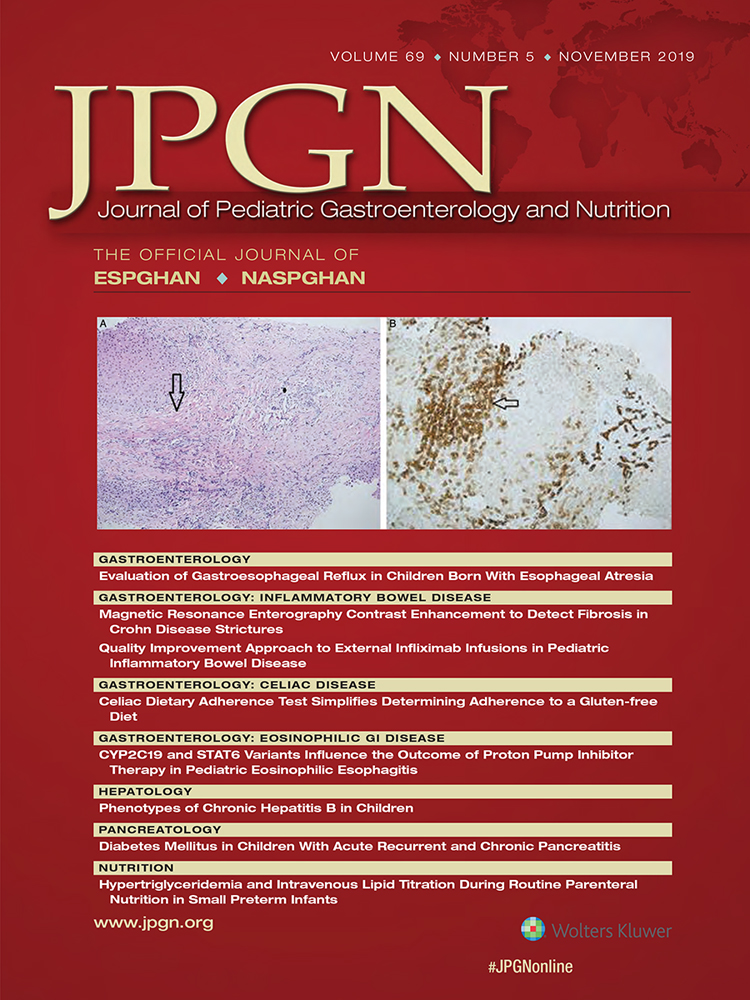Depression Predicts Prolonged Length of Hospital Stay in Pediatric Inflammatory Bowel Disease
Supplemental digital content is available for this article. Direct URL citations appear in the printed text, and links to the digital files are provided in the HTML text of this article on the journal's Web site (www.jpgn.org).
S.V. is a Watson Scholar supported by the UCSF Dean's Diversity Award.
M.B.H. is an Editor-in-Chief (NA) of the Journal of Pediatric Gastroenterology and Nutrition.
The authors report no conflicts of interest
ABSTRACT
Objective:
Few studies report the impact of depression on inflammatory bowel disease (IBD)-related hospitalizations. We evaluated the association between depression and pediatric IBD-related hospitalizations. Our primary aim was to test the hypothesis that depression is associated with hospital length of stay (LOS); our secondary goal was to evaluate if patients with depression are at higher risk for undergoing additional imaging and procedures.
Methods:
Data were extracted from the 2012 Kids Inpatient Database (KID), the largest nationally representative publicly available all-payer pediatric inpatient cross-sectional database in the United States. Hospitalizations for patients less than 21 years with a primary diagnosis Crohn disease (CD) or ulcerative colitis (UC) by ICD-9 code were included. Multivariable logistic regression was used to predict long LOS controlling for patient- and hospital-level variables and for potential disease confounders.
Results:
For primary IBD-related hospitalizations (N = 8222), depression was associated with prolonged LOS (odds ratio [OR] 1.50; 95% confidence interval [CI] 1.19–1.90) and total parenteral nutrition use (OR 1.54; 95% CI 1.04–2.27). Depression was not associated with increased likelihood of surgery (OR 0.97; 95% CI 0.72–1.30), endoscopy (OR 0.91; 95% CI 0.74–1.14), blood transfusion (OR 0.85; 95% CI 0.58–1.23), or abdominal imaging (OR 1.15; 95% CI 0.53–2.53).
Conclusions:
Depression is associated with prolonged LOS in pediatric patients with IBD, even when controlling for gastrointestinal disease severity. Future research evaluating the efficacy of standardized depression screening and early intervention may be beneficial to improving inpatient outcomes in this population.




